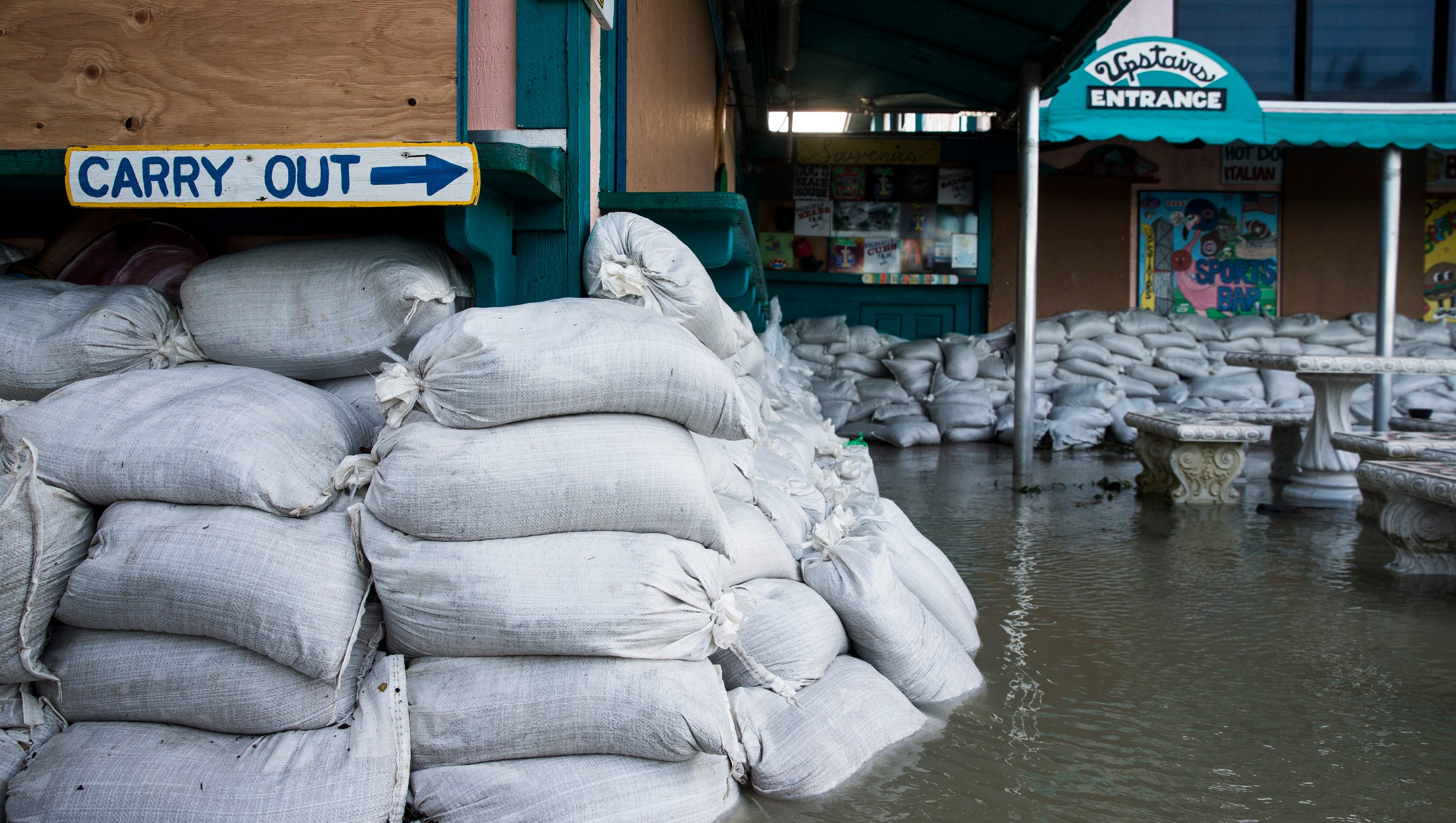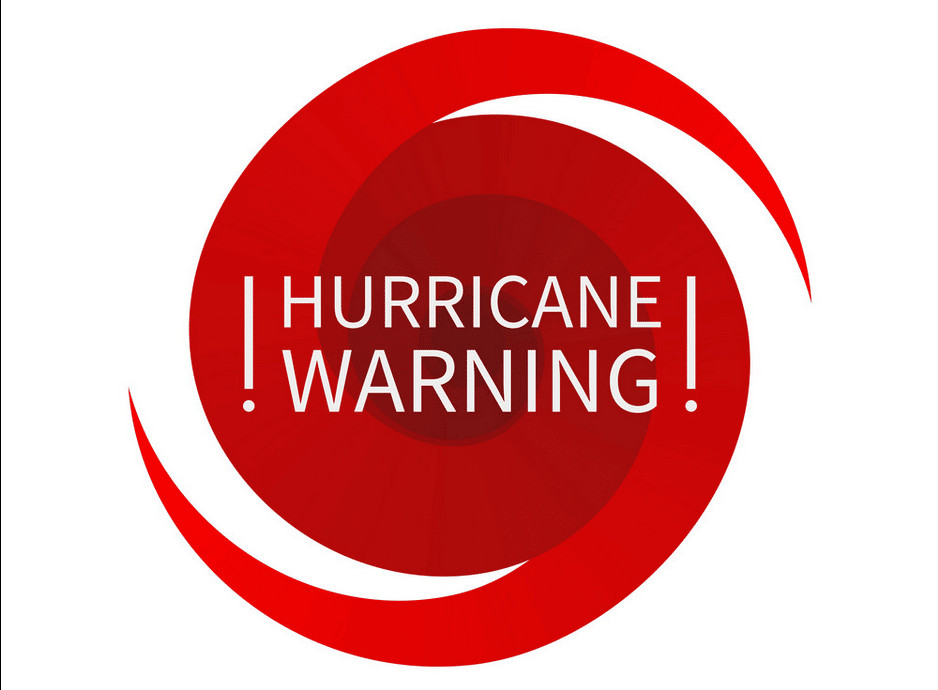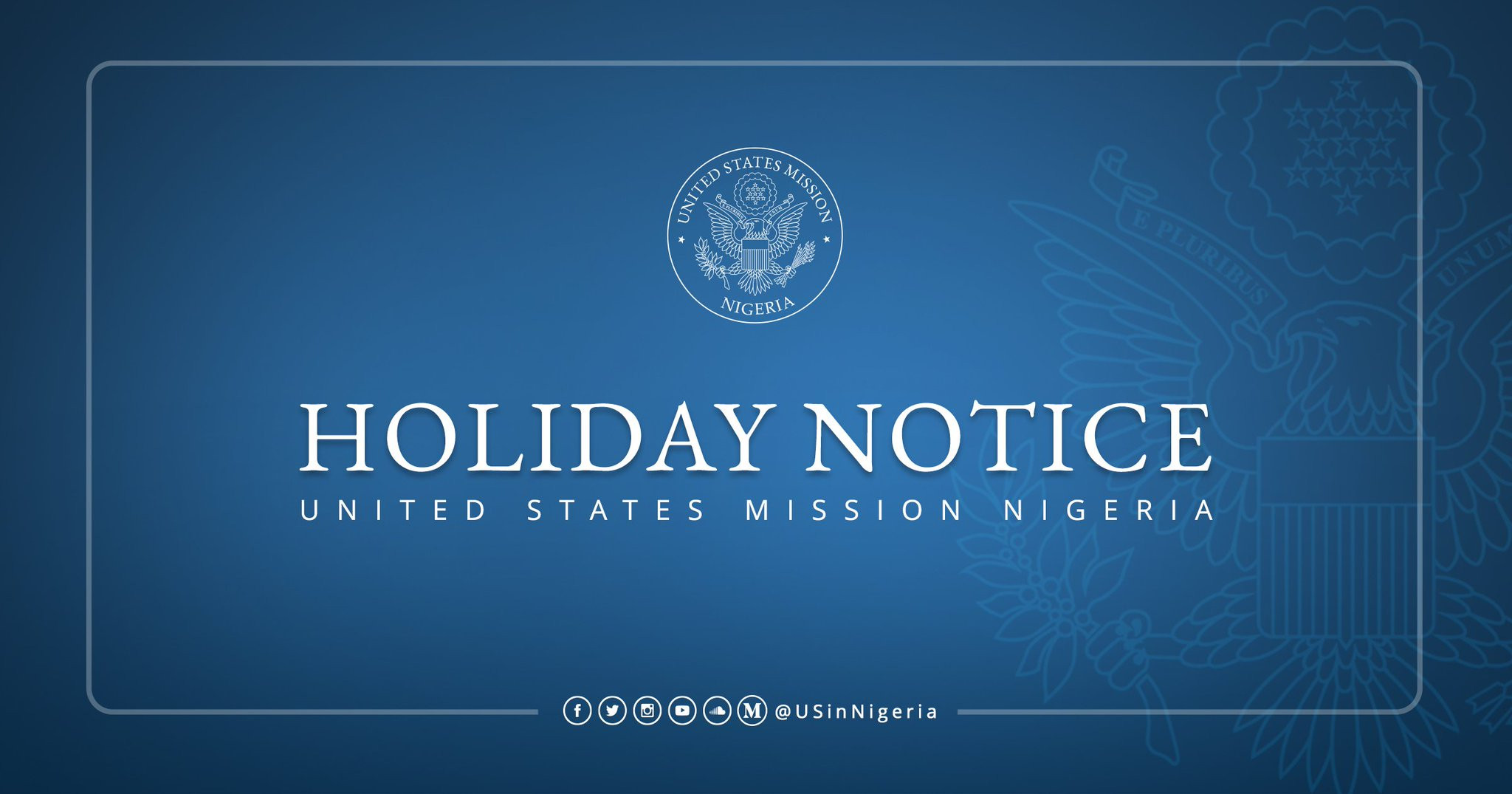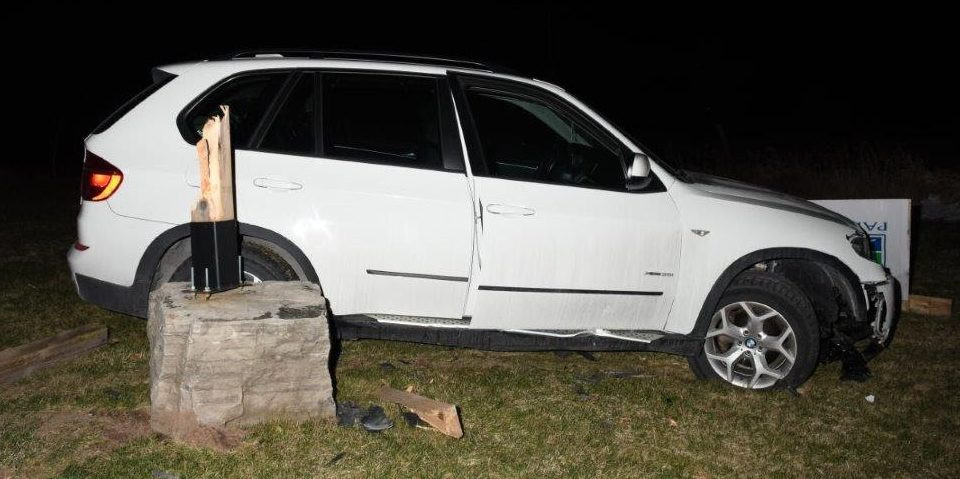Hurricane Helene is churning towards the Florida panhandle, and South Carolina Gov. Henry McMaster has declared a state of emergency, activating the state's emergency plan in anticipation of the storm's potential impacts. While the hurricane is expected to make landfall in Florida, South Carolina is bracing for strong winds, flooding, and isolated tornadoes, particularly in the Lowcountry region.
The Lowcountry coastline is projected to experience a storm surge of up to 3 feet from the Georgia border to the South Santee River north of Charleston. Governor McMaster emphasizes the importance of taking precautions and monitoring local weather forecasts in potentially affected areas.
Hurricane Helene is expected to bring dangerous conditions to South Carolina, although the state will likely avoid the brunt of the storm's direct impact. The storm's track is projected to take it up the Georgia-Alabama border into Tennessee after making landfall in Florida.
Hurricane Preparedness in South Carolina
The state of emergency declaration is a proactive measure aimed at ensuring the safety and well-being of South Carolina residents. This declaration activates the state's emergency plan, enabling coordination of resources and emergency services to effectively respond to potential disruptions caused by the storm.
Residents are urged to visit hurricane.sc for a comprehensive guide on hurricane preparedness. The website provides valuable information on steps to take before, during, and after a hurricane. For the most up-to-date information on Hurricane Helene, visit scemd.org.
Previous Storms: Lessons Learned and Ongoing Support
Hurricane Helene's arrival comes just months after South Carolina experienced the impact of Tropical Storm Debby in August. Debby caused flooding and spawned tornadoes across the state, resulting in damage to buildings and necessitating evacuations. Fortunately, no fatalities were reported in South Carolina due to the storm.
In the wake of Hurricane Debby, Governor McMaster sought federal disaster aid to assist residents impacted by the storm. This included a request for assistance from the Federal Emergency Management Agency (FEMA) for residents in Charleston, Colleton, and Dorchester counties. As of Wednesday afternoon, the request for FEMA assistance was still pending approval. If approved, underinsured and uninsured residents in these counties would be eligible to apply for federal funding to cover home repairs and other storm-related costs.
Governor McMaster also requested assistance from the U.S. Small Business Administration (SBA), which announced on Sept. 19 that businesses in Berkeley and Orangeburg counties, along with 11 adjacent counties, could apply for low-interest disaster loans. This SBA assistance provides financial support to help businesses recover from the economic impact of the storm.
Looking Ahead: Resilience and Preparedness
The experience with Tropical Storm Debby serves as a reminder of the importance of preparedness and resilience in the face of natural disasters. With Hurricane Helene approaching, South Carolina residents, businesses, and officials are working together to mitigate potential risks and ensure a swift and effective response. While the full extent of the storm's impact remains to be seen, the state's proactive measures and community spirit are poised to navigate this challenge.
As Hurricane Helene continues to strengthen, local and state officials throughout Florida have activated emergency plans and are urging residents to evacuate sooner rather than later. This urgency underscores the importance of heeding warnings and taking necessary precautions to ensure safety during a hurricane. However, the reality of evacuating during a major storm is often far more complex for certain groups, highlighting the importance of understanding and addressing the challenges they face.
Evacuation Challenges: A Closer Look
While the official evacuation orders aim to minimize the risk of harm from a hurricane, some individuals and families are unable to easily evacuate. This may be due to factors like limited resources, disabilities, language barriers, or the presence of pets. Evacuation is not as simple as packing up and leaving, particularly for those with limited financial means or those without access to transportation. It's crucial to remember that the evacuation process is not a one-size-fits-all approach.
Financial Constraints and Storm Fatigue
Evacuating from a storm can be financially challenging for many families, particularly those with modest or low incomes. The cost of hotels, gas, and other necessities can be a significant burden, especially if it's not part of their regular budget. For some, the financial consequences of evacuating may lead to difficulty paying rent or mortgages upon returning home. This can create a cycle of storm fatigue, making individuals hesitant to evacuate in future events.
Language Barriers and Limited Literacy
The language barrier poses another significant challenge for evacuating effectively. Even though many emergency warnings and notices are now printed in both English and Spanish, there remains a gap in communication for individuals who speak other languages. It's critical to expand communication efforts to include a broader range of languages to ensure everyone receives essential information during a hurricane. Additionally, literacy levels can pose a challenge, with some individuals struggling to understand evacuation maps or notices.
The Needs of Vulnerable Populations
Elderly individuals living alone, especially those in flood-prone areas, may face unique challenges during evacuation. They may require extra assistance to evacuate safely and may rely on government assistance. Bringing in social service organizations and non-profit groups can offer critical support to vulnerable populations and ensure they have access to safe evacuation options.
Cedar Key: Resilience in the Face of Multiple Disasters
Cedar Key, Florida, is facing yet another storm-related challenge as Hurricane Helene approaches. This small island community is still recovering from the devastating impact of Hurricane Idalia last year, which set the highest storm surge record for the island at 7 feet, flooding a third of its buildings. The recent fire that destroyed four local businesses on Dock Street has further compounded the community's challenges.
Preparing for Helene: Local and Community Efforts
Local businesses are taking proactive measures to safeguard their operations. Residents are preparing for the storm by securing sandbags, boarding up windows, and elevating belongings to minimize potential damage. The community is coming together in this time of need, demonstrating resilience and a collective spirit in the face of adversity.
School Closures and Community Safety
As Hurricane Helene approaches the Treasure Coast of Florida, local authorities are taking steps to ensure the safety of students and staff. Public schools in Indian River County will be closed on Thursday, while after-school activities will be canceled on Wednesday afternoon. This proactive measure aims to protect students, families, and school buses from potentially damaging winds and heavy rainfall.
Agricultural Assistance and Support
The U.S. Department of Agriculture (USDA) is urging residents, farmers, and ranchers to prepare for Hurricane Helene and is emphasizing the availability of disaster assistance programs. The USDA has established a Disaster Resource Center, providing a central source of information and resources for disaster-related issues. The agency also offers a disaster assistance discovery tool, which guides producers through personalized questions to identify applicable disaster assistance programs. The USDA's Animal and Plant Health Inspection Service (APHIS) is urging everyone to prepare not only for themselves but also for their pets and livestock, highlighting the importance of ensuring animal safety during a hurricane.
USDA's Role in Recovery and Assistance
The USDA's Farm Service Agency (FSA) provides crucial support to agricultural operations, offering risk management and disaster assistance programs to help producers recover from losses. Producers whose crops are insured under the Federal Crop Insurance Program or the Noninsured Crop Disaster Assistance Program (NAP) are encouraged to report crop damage to their insurance agent or local FSA office within 72 hours.
A Time for Preparation and Unity
As Hurricane Helene approaches, communities along the coast are mobilizing and preparing for the potential impact. The importance of preparedness, community support, and government assistance is evident in the efforts to ensure safety and support during a hurricane. This is a reminder that while natural disasters can bring challenges and hardship, the spirit of unity and resilience can help communities navigate these events and ultimately emerge stronger.


















